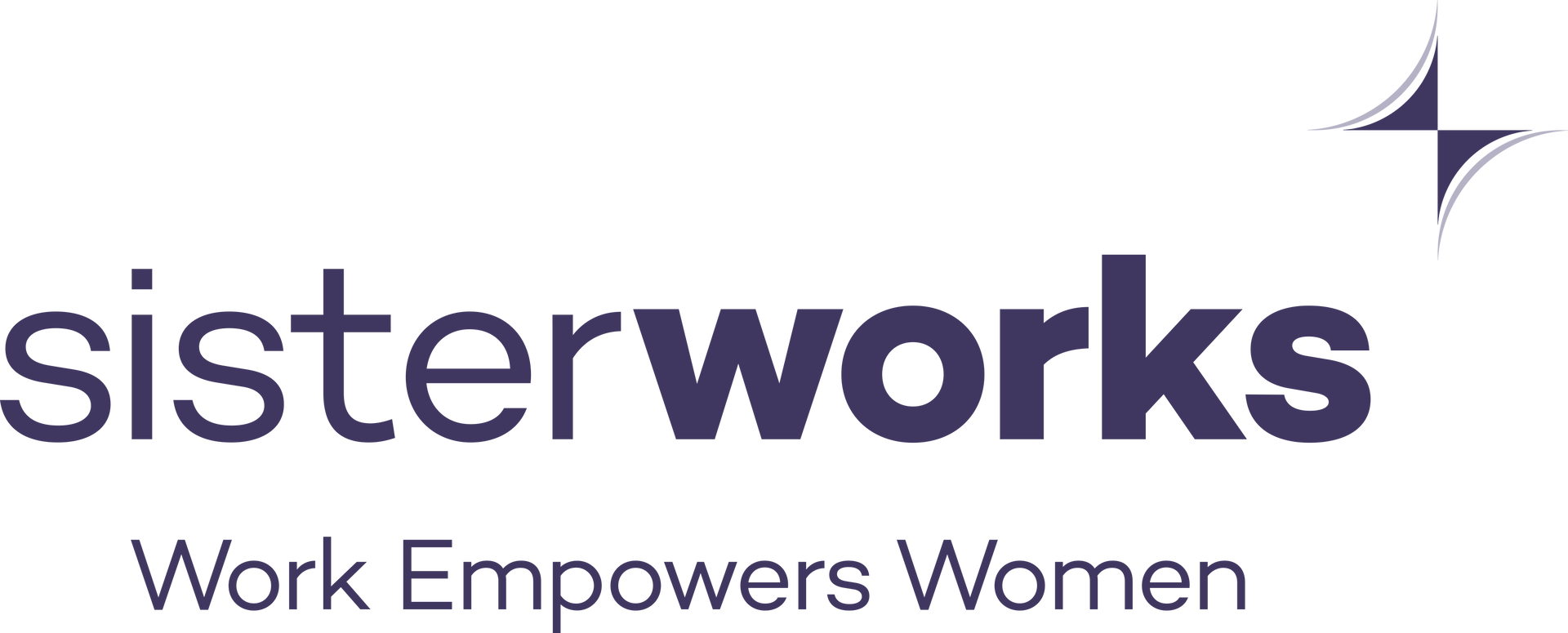The pros and cons of flexibility in the Australian legal profession
The pros and cons of flexibility in the Australian legal profession

In this article we discuss the way working in the legal industry in Australia has changed because of the Covid-19 pandemic and state government working from home orders. One of the enormous benefits for employees has been the rise of flexible working arrangements, and almost everybody wants them!
In recent years, there has been a push for more flexibility in the Australian legal profession. This means different things to different people, but generally refers to working from home or hybrid work arrangements. There are many benefits to flexibility, including improved work-life balance, reduced stress, and better productivity. In this article, we will explore what flexibility looks like in the Australian legal profession and discuss the pros and cons of each option.
Not so long ago, flexibility was a rare privilege in our legal industry. It was earned by lawyers with seniority after years of effort proving that they were trustworthy, contactable and that their productivity levels and billable hours were maintained.
The Covid-19 pandemic changed all that, as government health departments directed everyone to work from home regardless of seniority or tenure. Legal secretaries worked from home, graduate programs were attended from home and junior counsel, senior associates and even in-house counsels all worked from kitchen benches, bedrooms, and studies.
In the most part, massive steps forward in technology facilitated this transition, including paper free workflow processes, video meeting technology and tools such as Microsoft Teams and Slack. Firms also took advantage of cloud-based legal software and case management technology to facilitate the enormous change from office-based work.
We are finding that by and large, many of our clients are now offering flexible working options in new roles to attract talent across the board. And it is not just the big end of town, with many small to mid-sized firms and even sole practitioners now offering some form of flexibility to their employees.
What does flexibility look like in practice?
So, what does flexibility look like in the Australian legal profession? Here are some examples:
• Working from home one or two days a week
• Remote working
• Part-time work
• Flexible leave arrangements
Less common, but still flexible are:
• Staggered start and finish times
• Job sharing
Each of these options has its own pros and cons, which we will explore in more detail below.
Working from home one or two days a week is a popular option for many lawyers. It allows you to avoid the commute and get straight into work and can be a fantastic way to reduce stress levels. However, it can also be isolating, and you may miss out on important office interactions, impromptu social occasions and face-to-face problem solving.
Remote working was been taken up by many legal professionals during the pandemic as a permanent working arrangement. Similarly, to a hybrid arrangement where you might work from home a couple of days a week, a permanent arrangement might be more productive, less stressful and save you time and money on your commute. You are, however, likely to miss out important team interactions and opportunities to build face to face rapport with colleagues and clients.
Part-time work is another option that many lawyers consider, especially working parents. It can be a great way to reduce your hours and manage your workload but can also lead to reduced earnings and fewer career opportunities.
Flexible leave arrangements have become more popular, and we expect this to increase now that international borders are open again. Many firms are offering arrangements to negotiate ‘additional’ annual leave or extended parental leave. This can be a terrific way to manage work-life balance but can also be difficult to take advantage of if you have client commitments or are working on a big case.
Staggered start and finish times whilst a less common request from our candidates, make some sense during the pandemic. This is especially true for CBD employees wanting to avoid the morning peak on public transport. The theory behind this option is that you would start work earlier or finish later, depending on your preference. The downside is that you may have to adjust your hours to fit in with client meetings or court appearances.
Job sharing was a more common request before the pandemic, especially for parents who wanted to return to work but did not want to do full-time hours. We suspect this has now been replaced somewhat by requests to work a few days from home now that there is precedent and the technology to allow this. Having said that, job sharing can help you stay connected with the profession and maintain your skills, but it can be very challenging to find a suitable job share partner!
Why firms should offer flexible working options
If your current role and firm is not considering or offering you flexible working arrangements as an ongoing option, then they are missing out on an opportunity to attract and retain staff, maintain productivity, and offer work life balance to its employees. If flexibility is important to you, then it may be time to consider a change.
Many employees re-evaluated their working lives, priorities, and involvement in either family or community life during the pandemic. Working long hours in a demanding office-based role is not necessarily good for your mental health.
Flexibility is different for each individual and what is the best-case scenario for one lawyer, might be something completely different for another. Being trusted to set your own working hours and office schedule tends to be good for employee engagement. There is a lot to be said for being treated like an adult in the workplace!
We are counselling many of our valued clients, that to fill their available roles, they are going to have to be competitive not just on salary but also offer flexible working arrangements as lawyers have become accustomed to it and it is hard to give up!
Offering flexibility delivers firms many other advantages that they may not have expected. The advantages include being able to widen your available talent pool to potential employees from outside your geographic area, and to attract working parents or carers that might not have considered a full-time office-based role. This helps in turn to build further diversity into your workforce and offer wellness opportunities for your team.
If you are wondering how to build flexible working arrangements into your next available role, then get in touch, we can help. We are talking to talented candidates every day that are demanding this opportunity in their next role, and we can help you understand exactly what they are looking for.
Should you need help recruiting talented legal professionals for your business, or a confidential career discussion get in touch at info@legalpeople.com.au. We are specialists in the Legal Industry. We recruit Lawyers, Support staff and HR professionals in Melbourne, Australia.














